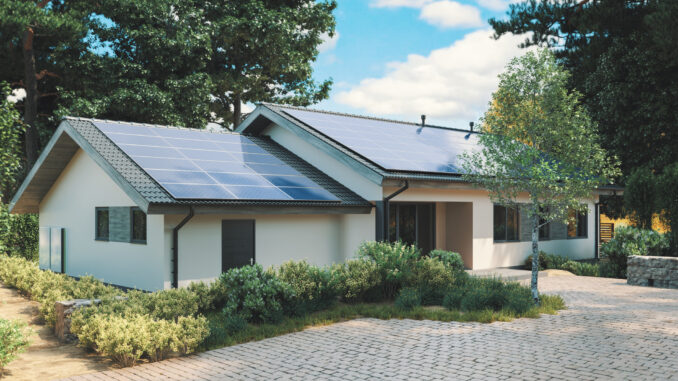
By Hank Russell
A report conducted by WalletHub found that New York is the fourth-most energy-efficient state in the continental United States. The state scored 80.84 out of 100 points, with 100/100 being “most energy-efficient.” The top three states were Vermont (85.30), California (84,76) and Washington (81.29).
In order to determine which states are doing more with less energy, WalletHub compared 48 states across two key dimensions, “Home Energy Efficiency” and “Auto Energy Efficiency.” (Alaska and Hawaii were not included due to data limitations.)
Data was compiled from the U.S. Census Bureau, National Climatic Data Center, U.S. Energy Information Administration, and U.S. Department of Transportation – Federal Highway Administration.
New York was also the second-most energy-efficient state when it comes from automobiles. For Auto Energy Efficiency, WalletHub divided the annual vehicle miles driven by gallons of gasoline consumed to determine vehicle-fuel efficiency and measured annual vehicle miles driven per capita to determine transportation efficiency. It is interesting to note that New Yorkers paid the lowest motor fuel costs in the U.S., with $102.46.
However, the state fell to 13th when it comes to having the most energy-efficient homes. To determine Home Energy Efficiency, WalletHub calculates the ratio of total residential energy consumption to annual degree days.
This may be the result of energy costs: another WalletHub report found that the average energy cost per person in the state was $588.87, which is at the bottom half (28th) in the U.S. However, the per-capita cost for natural gas was $135.50 — the fifth-highest cost.
WalletHub analyst Chip Lupo noted that some states are more energy-efficient than others because of the greater availability of public transportation, thereby reducing the use of personal vehicles, and buildings made of materials that retain heat during cold-weather months and cool the inside when it gets hotter outside.
“Energy efficiency doesn’t just help save the planet – it also helps save you money by lowering the amount of electricity, gas, oil or other types of energy you need to consume,” Lupo said. “While there are some steps you can take to become more energy-efficient on your own, living in the right area can give you a big boost.”

